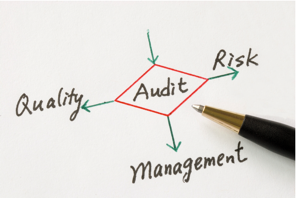The Maintenance Supervisor needs to be able to get results through people
 It is certainly so that the technology, that the maintenance function maintains, needs a sophisticated approach to maintenance. However, there is a growing gap between this need and maintenance’s ability to fulfil it.
It is certainly so that the technology, that the maintenance function maintains, needs a sophisticated approach to maintenance. However, there is a growing gap between this need and maintenance’s ability to fulfil it.
The person that plays a critical role in this is the maintenance supervisor. He/she must firstly understand and embrace modern maintenance technologies (such as Condition Based Maintenance, Laser Alignment, and Tribological Practice), methodologies (such as Reliability Centred Maintenance), and Systems.
Secondly, the role of maintenance workers implementing and effectively using these technologies, methodologies, and systems is critical to the success of the organisation. And the only person that can ensure that this does occur is the Maintenance Supervisor.
He/she should be able to get the best (sometimes even the almost impossible) from maintenance artisans and workers to ensure that this gap is closed properly.
 The problem is that maintenance supervisors are mostly appointed from amongst the artisan fraternity and have to supervise on the little knowledge regarding supervision that he/she gained from his/her previous supervisor(s). Although this often teaches one the negatives of wrong supervision and some of the positives, it is simply not enough to produce the supervisor that will get quality maintenance output through other people.
The problem is that maintenance supervisors are mostly appointed from amongst the artisan fraternity and have to supervise on the little knowledge regarding supervision that he/she gained from his/her previous supervisor(s). Although this often teaches one the negatives of wrong supervision and some of the positives, it is simply not enough to produce the supervisor that will get quality maintenance output through other people.
This course above all focusses on three aspects of supervision, namely to be open for new learning, getting results through people, and manage the facilities/resources to his/her disposal effectively. Its aim is to effectively motivate and equip the maintenance supervisor for his/her role in ensuring maintenance success.
Course Content
|
Module 1
|
|
Module 2
|
|
|
|
Module 3
|
Module 4
|
|||
|
Module 5
|
Who should attend
The course is intended for maintenance supervisors, maintenance charge hands, and artisans who have to perform supervisory relief.
|
|
|
Credits 12*, level 5** * The course comprises 60 hours of study of which 32 hours are in class, with a further 12 hours of private study, and 16 hours for an assignment. **Occupational Certificate level. |
|
 |


